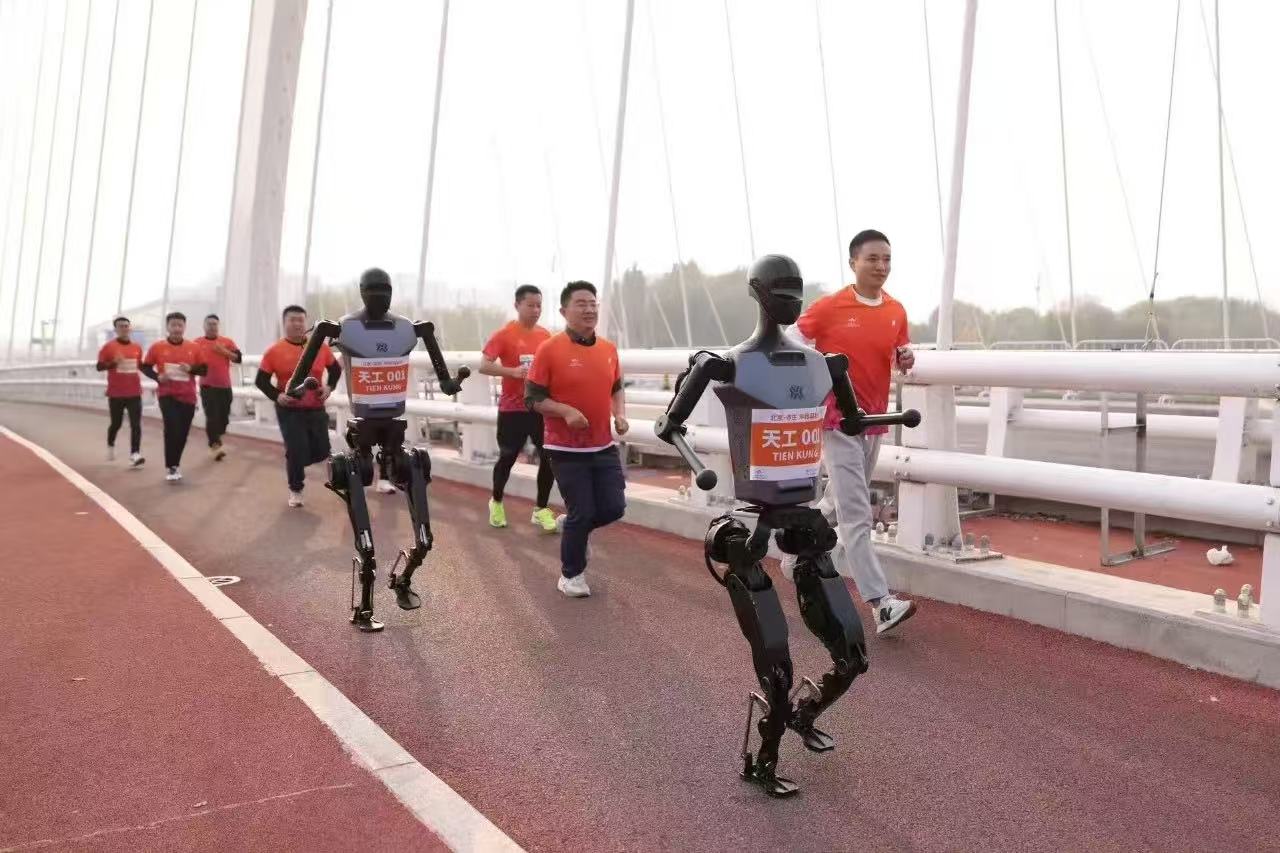Global pharmaceutical companies join hands with AI to open a new era of new medicine development. Breaking through traditional bottlenecks and accelerating the introduction of new medicines.
Before AI technology was involved in the development of new medicines, the pharmaceutical industry faced enormous challenges. The development of new medicines is a long and costly process, requiring on average more than 10 years and an investment of up to $2.6 billion. The success rate is extremely low, with only 10% of new medicines making it to the clinical stage and even fewer being approved for marketing. This process is not only costly in terms of time and money, but also involves many uncertainties and risks.
The introduction of AI technology has revolutionized the solution to this dilemma. ai can accelerate the medicine discovery and design process in medicine discovery and design, and improve the efficiency and success rate of research and development. Through technologies such as data mining, machine learning and deep learning, AI is able to process and analyze massive amounts of biomedical data and quickly identify potential medicine molecules and targets, thus shortening R&D time and reducing costs.
Major pharmaceutical companies around the world have realized the potential of AI and have begun to invest huge amounts of money in AI medicine development. For example, the foreign company Exscientia’s cooperation with Sanofi has a down payment of up to $100 million, and it is expected to receive a contract of up to $5.2 billion after the completion of the cooperation. Domestically, the AI pharmaceutical market size is expected to reach $7.2 billion in 2025 and $204 billion in 2035, according to Quantum Bit Intelligence data estimates.
Thanks to AI technology, the development of some new medicines has already yielded significant results. For instance, Atomwise, Inc. has utilized its AtomNet® platform to conduct research on around 1,000 projects across multiple disease areas. Jintech, on the other hand, has promoted digital medicine development through AI, quantum physics and other technologies.
The industry is highly appreciative of the role of AI in new medicine development. a TechEmergence report shows that AI can increase the success rate of new medicine development from 12% to 14%. In addition, AI can save 40 to 50 percent of time in compound synthesis and screening, saving the pharmaceutical industry up to $26 billion annually.

Despite the promising application of AI technology in new medicine discovery and development, there are a number of challenges, including policy bottlenecks, lack of talent, technical barriers and uncertain data quality. To overcome these challenges, policy support, talent cultivation, technological innovation, and data quality improvement are needed.
The application of AI technology in the field of new medicine development marks the future trend of the pharmaceutical industry. With the continuous progress and improvement of the technology, it is expected that AI will further promote the research and development of new medicines globally and make greater contributions to human health.
Reference:
An AI revolution is brewing in medicine. What will it look like? (nature.com)




Can you be more specific about the content of your article? After reading it, I still have some doubts. Hope you can help me.
Your article helped me a lot, is there any more related content? Thanks!